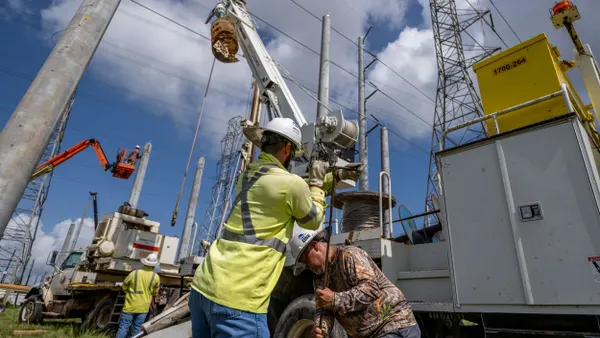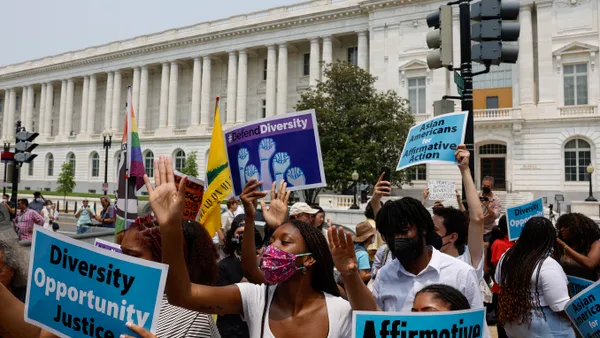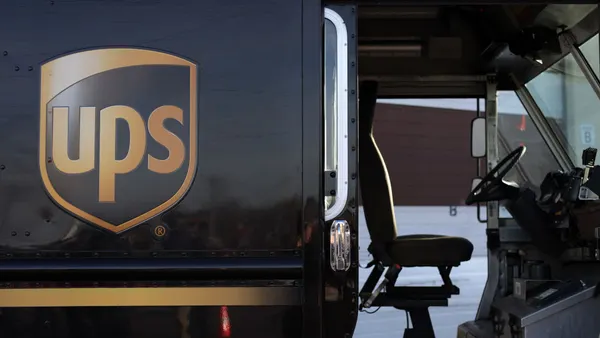Editor's note: The following is a contributed piece by Catherine Hernandez-Blades, senior vice president and chief brand and communications officer at Aflac. The views expressed here are the author's own.
If there is one thing that companies nationwide are beginning to realize, it's that employees are getting more and more particular about where they want to work. Why? One explanation is that the employee of the future wants to work for a company — or several companies — reflecting his or her beliefs.
Recognizing the need
A tighter labor market and lower employment rate mean companies need to compete more for talent. One way to stand out among the competition may surprise you: Corporate social responsibility (CSR) is a great way to differentiate your company and attract employees, especially millennials and Gen Zers now entering the workforce. Consider the value of CSR, according to a study:
- 75% of millennials would take a pay cut to work for a socially responsible company.
- 76% of these younger employees consider a company's social/environmental commitments when choosing where they want to work.
- More than half (51%) of all employees will not take a job from a company lacking in strong social responsibility practices.
Businesses now more than ever should see the value in developing CSR programs that highlight their values and commitments to giving back to the community. But even beyond that, doing good is a way for companies to engage in a meaningful way with current and prospective workers.
Responding to the situation
HR representatives are in the unique position to champion the need for their companies to respond to this growing wave of people's prioritization of beliefs when looking for employment. You have the power to take charge within your office to plan activities and outings that reflect the company's commitment to serving the community. The good news is there is no shortage of opportunities when it comes to good deeds. Whether this means restoring a local park to its former glory, packing lunches at a homeless shelter, making monetary donations or volunteering with a youth organization, there are many ways for companies to show how much they care about the community to which they belong.
Consider these two pieces of advice when planning: Make your CSR initiatives sustainable and tie them back to the business to ensure authenticity. People — especially employees — will better value your company's culture if it has a reputation for doing good year-round, not just seasonally or situationally. Also, connecting your good works to your company's products and services brings together not only employees, but also consumers with the brand, which is good for your bottom line.
As an example, Aflac is a pioneer in cancer insurance and passionate about the treatment and cure of childhood cancer, our primary philanthropic cause. In 23 years, we have raised more than $125 million toward this cause, which means it is also sustainable. Employees participate in a myriad of ways, ranging from monetary donations to sponsoring events such as 5k runs or cooking competitions that benefit the Aflac Cancer and Blood Disorders Center of Children's Healthcare of Atlanta.
Seeing the benefits
By keeping CSR top of mind, positive results can be seen over time as your reputation as a company that gives back grows. These benefits include increased employee happiness and retention, as well as increased job applications. Not only this, but research shows more than half of consumers are willing to drive somewhat farther and pay slightly more to shop at a store viewed as socially responsible, showing that doing good is also good for business.
Employees not only want to collect their paychecks, but they want to feel proud of where they work. Companies where doing good is a natural part of the culture stand a good chance of engaging with and holding onto the employees of the future — as well those of the here and now.














